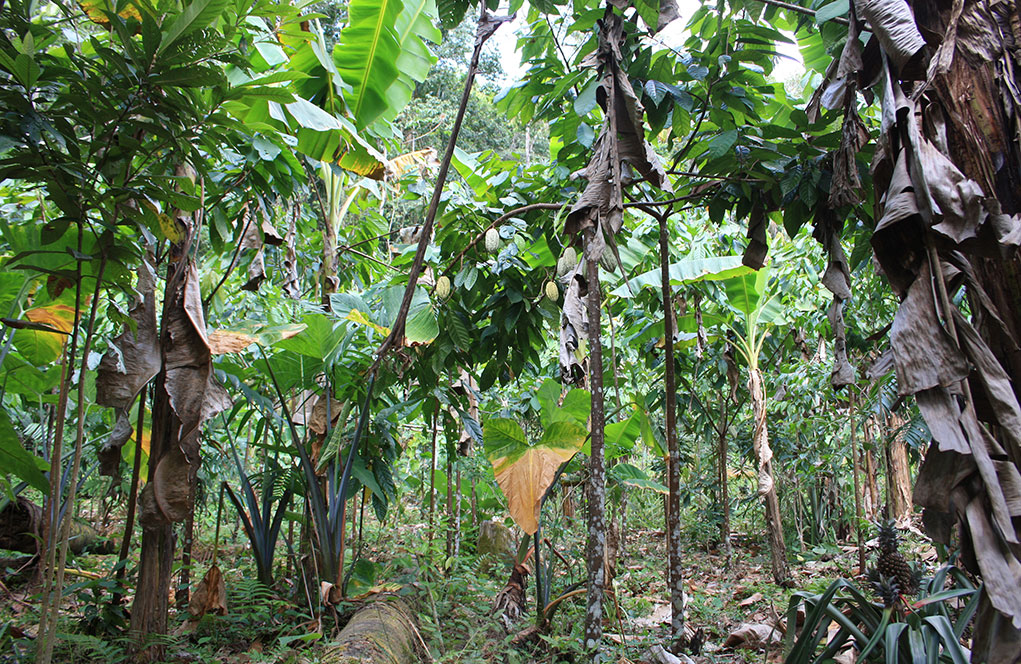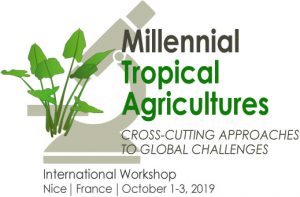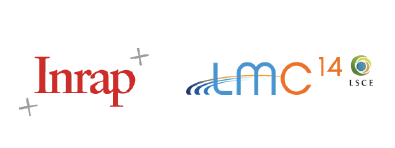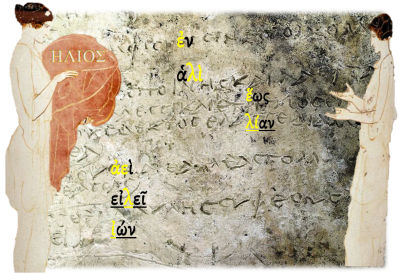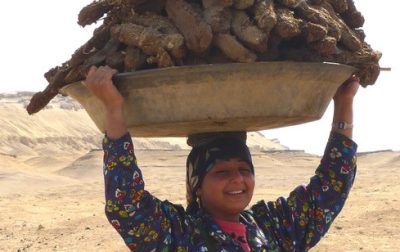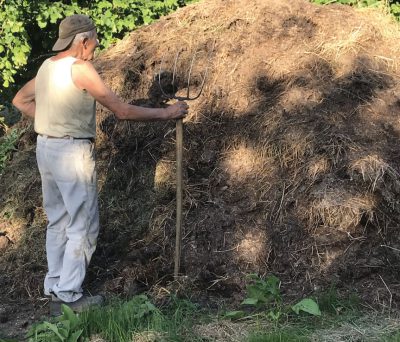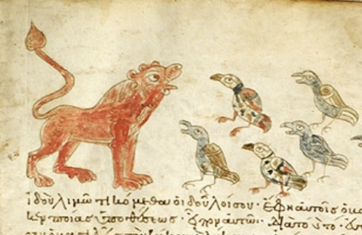Thuesday 1 October 2019
9:00 ‒ 10:00 Conference registration (coffee will be available in the reception area)
10:00 ‒ 10:30 Welcome addresses
10:30 ‒ 11:30 Keynote talk: Interpreting the agricultural practices of pre-Columbian farmers: insights from comparative studies of present-day systems throughout the tropics
Doyle McKey
Session 1: Oral communications
11:30 ‒ 12:00 Identification and characterization of ancient agricultural landscapes and practices in upland tropical environments (Central Maya lowlands, Naachtun-Guatemala)
Louise Purdue
12:00 ‒ 12:30 From cultivation to agriculture in South-western Amazonia
Umberto Lombardo
12:30 ‒ 13:30 Buffet lunch
13:30 ‒ 14:00 LongTIme: an interdisciplinary project to evaluate the Long Term Impact of ancient Amerindian settlements on Guianese forests and its consequences for biodiversity conservation
Jeanne Brancier
14:00 ‒ 14:30 Discovery of raised fields in the humid savannas of Gabon
Richard Oslisly
14:30 ‒ 15:00 Fields at Río Bec (Mexico). A case study of intensive cultivation in the Classic Maya Lowlands
Eva Lemonnier and Marie-Charlotte Arnauld
15:00 ‒ 15:30 Coffee break
Session 2: Flash-Talks and Poster Session
15:30 ‒ 15:35 Raised fields in Haiti, between African and American traditions
Stéphen Rostain
15:35 ‒ 15:40 Cultivated plants craft in Classic Maya society: experimental and functional approach of the gourd work with obsidian blades
Naya Cadalen
15:40 ‒ 15:45 Reconstructing pre-Columbian raised-field agriculture in the Bolivian Amazon through phytolith analysis
Javier Ruiz-Pérez
15:45 ‒ 15:50 Embedded swidden of the tropical world: the milpa cycle of the Maya forest
Anabel Ford
15:50 ‒ 15:55 Legacy of the ancient Maya: the twenty dominant plants of the Maya forest
Anabel Ford
15:55 ‒ 16:00 Time and space across Amazonian societies: a microarchaeological approach of terra preta
Paul Boucher
16:00 ‒ 16:05 A comparative study of present-day raised fields in the Congo Basin and pre-Columbian raised fields in Amazonia
Leonor Rodriguez
16:05 ‒ 16:10 Strengthening biocultural diversity through agroecology and rural tourism: the case of the Sierra de Manantlán coffee gardens in western Mexico
Peter Gerritsen
16:10 ‒ 16:15 Geoarchaeological studies, past versus modern soils: a new perspective to understand the impact of pre-Columbian activities in French Guiana
Jeanne Brancier
16:15 ‒ 16:20 Changing trajectories in agrarian systems in the volcanic highlands of Zacapu (West Mexico) from AD 600 to AD 1450. A geoarchaeological approach combining LiDAR and geopedology.
Antoine Dorison
16:20‒ 16:25 How to identify fire uses in ancient agrarian practices? A multi-proxy study of Maya swidden agriculture
Lydie Dussol
16:25 ‒ 17:30 Open Poster Session
17:30 ‒ 19:30 Cocktail reception (provided at the conference venue)
Wednesday 2 October 2019
Session 3: Oral communications
9:30 ‒ 10:00 Hydro-agro-system of the wetlands in the Central Maya Lowlands: the wetland features of the bajos in the hinterland of Naachtun (Petén tropical forest, Guatemala)
Cyril Castanet
10:00 ‒ 10:30 Indigenous mycorrhizae improve crop health and yield
Pia Parolin
10:30 ‒ 11:00 Coffee break
11:00 ‒ 11:40 Another look at the origin of intertropical agriculture (Amazonia and Central Africa)
David Sebag and Geoffroy de Saulieu
11:40 ‒ 12:10 Archaeological histories of Holocene Amazonian plant management
Myrtle Shock
12:10 ‒ 13:30 Buffet lunch
13:30 ‒ 14:00 Rice and trees: 50 years of agrarian and landscape dynamics in the Southern Rivers (Western Africa)
Julien Andrieu
14:00 ‒ 14:30 Micromorphological approach to soil response to anthropogenic constraints in tropical environments
Cécilia Cammas
14:30 ‒ 15:00 From erosion to valley bottom silting in shifting cultivation areas: a long-term and connectivity approach in Northern Laos
Laurent Lespez
15:00 ‒ 15:30 Coffee break
15:30 ‒ 16:30 Closing talk: Beyond the swidden: Mesoamerican agricultural practices past, present, and future
Shanti Morell-Hart
